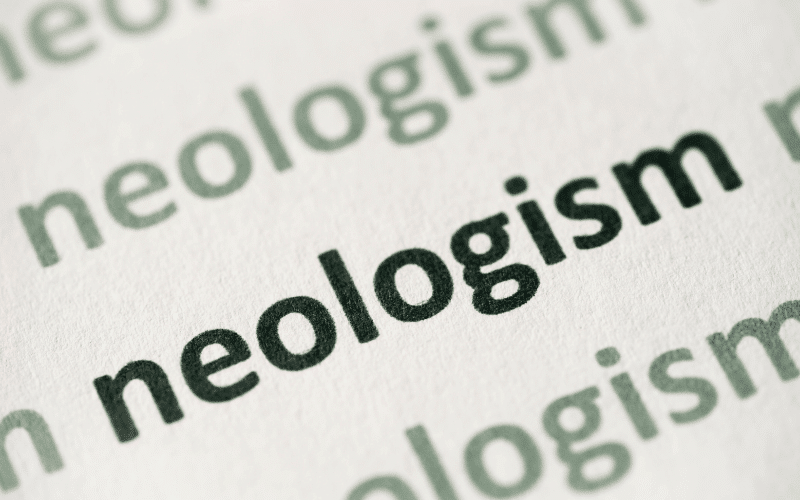Symptom 7: The Linguistic Mirage: Neologisms

In the uncharted territories of Wernicke’s aphasia symptoms, we stumble upon neologisms – a linguistic phenomenon where the speaker crafts entirely new, often unrecognizable words. It’s as if they’ve opened a parallel universe of language, one that’s alien and unintelligible to the listener.
Imagine trying to decode a cipher without a key, or interpret an abstract painting without any context. That’s what it’s like to make sense of neologisms. The words are unfamiliar, the meanings elusive. The speaker, however, often remains blissfully unaware of this, believing they’re communicating effectively.
Neologisms in Wernicke’s aphasia aren’t just randomly strung together syllables. They follow the rules of phonetics and morphology, thus sounding like legitimate words. Yet, they stand devoid of meaning, like actors without a script, causing further confusion in an already complex linguistic landscape.
In addition to communication difficulties, this symptom can strain social interactions. The listener’s inability to comprehend the speaker’s words can lead to frustration on both sides. Moreover, the speaker might feel misunderstood or invalidated, deepening the social isolation often associated with aphasia. (7)